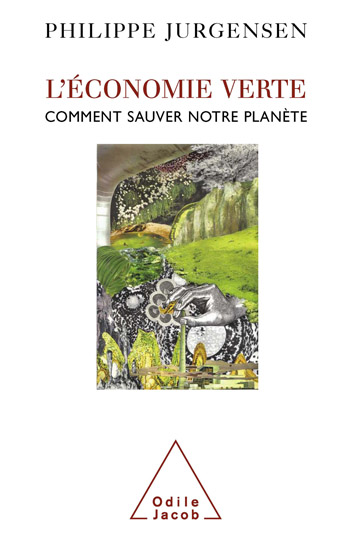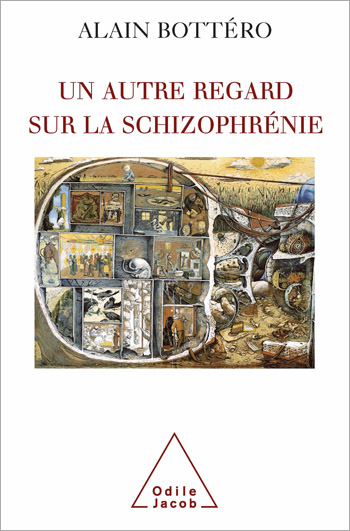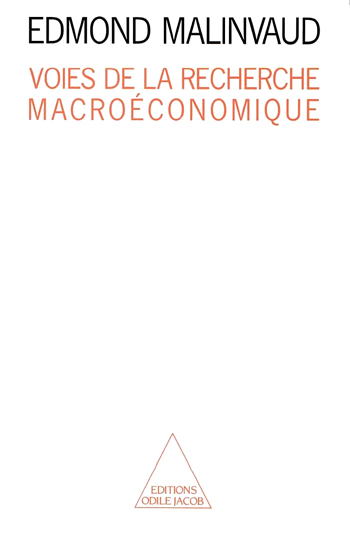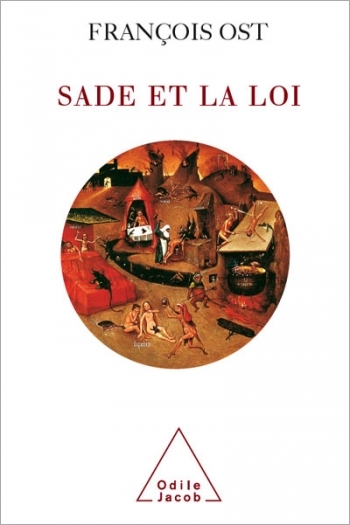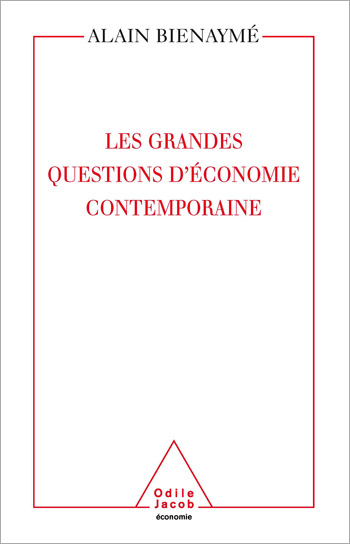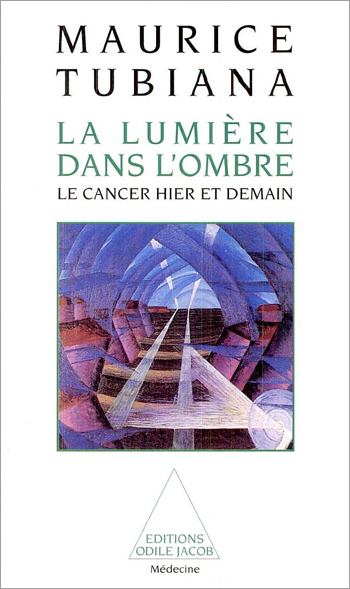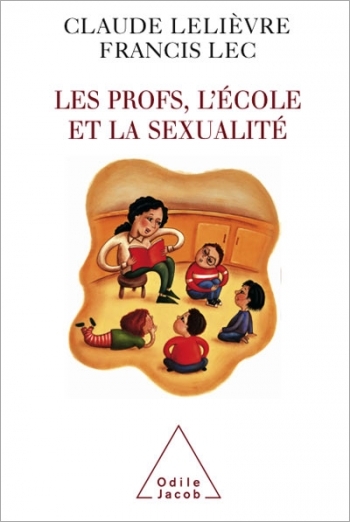Catalog All books
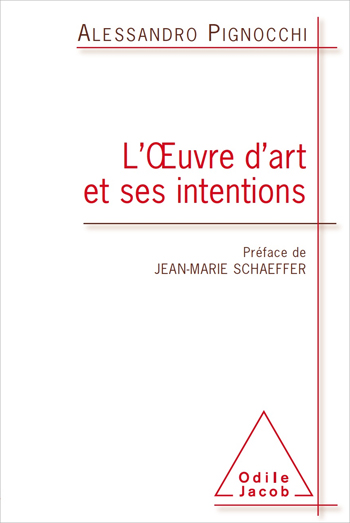
Alessandro Pignocchi
Art and Intention
The latest scientific research reveals how we perceive and judge works of art
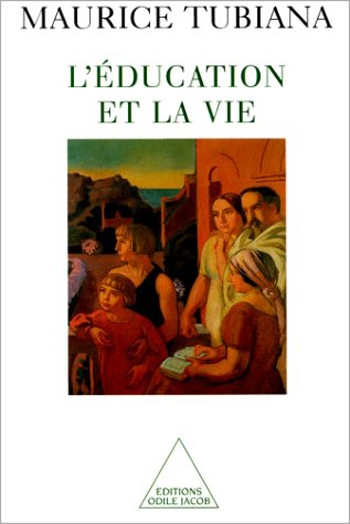
Maurice Tubiana
Education and Life
This book is a reflection on the alarming fact that France has the highest level of violent deaths (from suicide, drugs, and road accidents) in all Europe among young people between 18 and 22 years old. Tubiana analyses the pleasure principle which runs through our culture and our values, the Freudian principle that demands the immediate satisfaction of our impulses. This brings him to denounce postmodern individualism which does not make any room for the collective interest. Maurice Tubiana is a world-reknowned oncologist and member of the French Academy of Science and the Academy of Medicine.
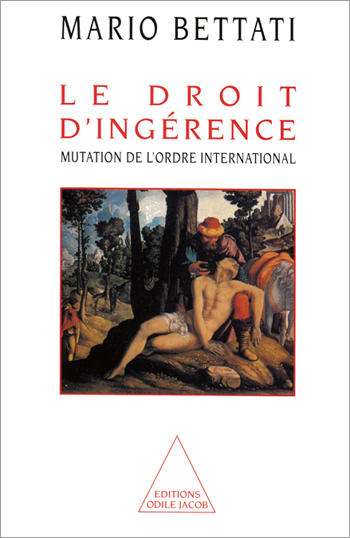
Mario Bettati
The Right of Interference Transformation of International Order
Inventor of the "right of interference", Mario Bettati, a professor of International Law, explains in this book the precise political circumstances and the legal context under which the right of humanitarian interference came about. This book is divided into four parts which follow both a chronological and a logical order. Beginning with interference as verbal denunciation, following with interference as medical assistance, he speaks of forced interference (Yugoslavia, Somalia and Rwanda) and finishes by dissuasive interference (courts for crimes against humanity and conflicts observatories). A thorough presentation of an important subject.
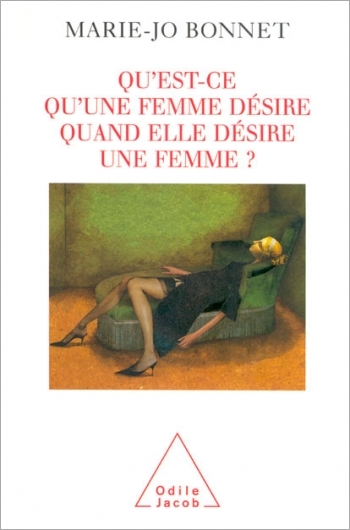
Marie-Jo Bonnet
What Does a Woman Desire when She Desires a Woman?
The desire of women for their own sex is a subject that has been concealed and heavily censored since Antiquity. Yet it has constantly resurfaced throughout history - despite repression, denial and today's feigned indifference - and its existence is a historical and anthropological fact, whatever the dominant opinion may say. Marie-Jo Bonnet argues that lesbianism transgresses social norms and female stereotypes, and breaks with the phallic model and the restricted social role that is assigned to women even today. She sees lesbian desire as a radical instrument of emancipation and offers an original analysis of the women's liberation movement, of recent discussions about homosexuality and, finally, of the persistence of lesbophobia. Desire, regardless of its subject, is always a unique and complex experience, and Bonnet does not ignore this fact. In an original, wide-ranging study of lesbian love through literature, she delves into the work of such major writers of the past as Marguerite Yourcenar, Violette Leduc, Simone de Beauvoir, Djuna Barnes and, surprisingly, Madame de Sévigné, as well as of more recent writers such as Monique Wittig, Anne Garreta and Christine Angot. The author's thesis is that women's desire for their own sex can serve as a tool to empower them to conquer their own space of creativity and liberation. Marie-Jo Bonnet, a writer and historian, is the author of Les Relations Amoureuses Entre Femmes (XVIe-XXe siècle).
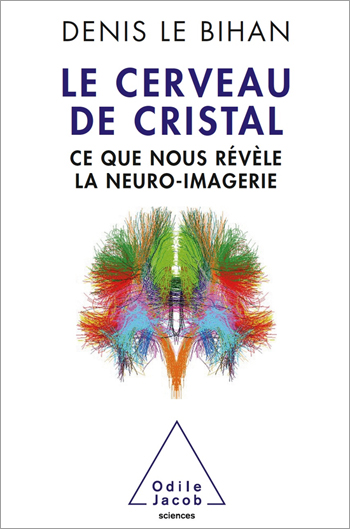
Denis Le Bihan
The Crystal Brain The New Science of Neuroimaging
The latest findings about the brain, as revealed by the new science of neuroimaging

Gilles Gaston Granger
Essay on a Philosophy of Style
This work offers a definition of the generalized concept of style, considered not only in an aesthetic manner but also as it applies to all human works. The author applies this concept first to mathematical works, and then to the more familiar realm of language, before sketching the project of a human sciences stylistic, complementing a history of knowledge and epistemology of structures. Gilles-Gaston Granger is a specialist in epistemology and an honorary professor at the Collège de France.

Gérard Apfeldorfer
Slimming: It’s All in the Mind
If to stay slim all one had to do was lose weight, then everyone (or nearly everyone) would succeed.


